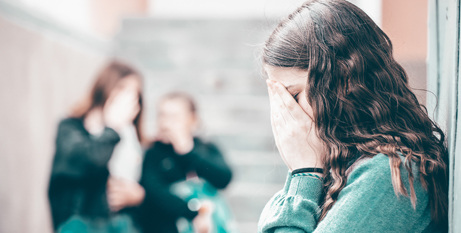
Australian teenage students face the second highest level of bullying among 24 OECD countries, according to a new report, which found only Latvia in north-eastern Europe reported higher levels. Source: SBS News.
The Australian Council for Educational Research (ACER) released an analysis of the 2022 OECD Programme for International Student Assessment (PISA) results yesterday, shedding light on multiple factors in the classroom affecting student performance.
ACER compared Australia’s responses against results from 23 other high-performing countries — of the 81 participating in PISA — and concluded that exposure to bullying impacts academic performance in the classroom.
Bullying was measured across six metrics: Other students left me out; other students made fun of me; I was threatened by other students; other students took away or destroyed things that belonged to me; I was hit or pushed around by other students; other students spread nasty rumours about me.
Almost one in five of the 13,430 Australian teenagers surveyed reported instances where other students had made fun of them.
The study of 15-year-old students, from over 700 schools nationwide, revealed 10 per cent had felt left out or had nasty rumours spread about them, while five per cent had been threatened.
Demographics that experience higher levels of bullying include young men over women, students from disadvantaged socioeconomic backgrounds, or those who attended schools in regional rather than city areas.
Of the countries compared, students in Korea, Japan, Netherlands and Poland were the least exposed to bullying.
Tasmanian students face the highest rates of bullying nationwide, whether once a month or several times a week.
Twenty-four per cent of Tasmanian teenagers had reported being made fun of a few times a month, 10 per cent higher than their Victorian counterparts, where bullying levels were lowest.
The Organisation for Economic Co-Operation and Development is a grouping of 38 countries with market economies.
FULL STORY
Australia’s worst state for schoolyard bullying — and how we compare to the world (By Ewa Staszewska, SBS News)






